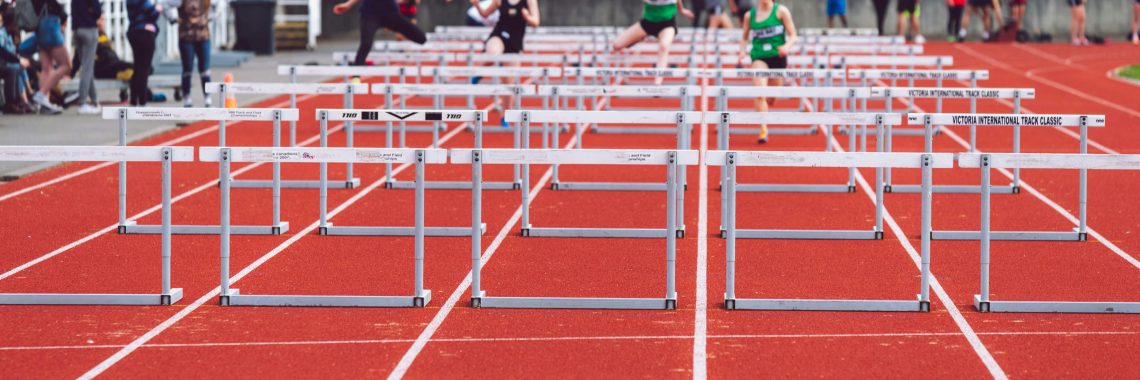Major Children’s Hospital to Halt Gender Procedures Amid Legal Scrutiny

Children’s National Hospital in Washington, D.C., is set to stop performing sex-change procedures on children.
A statement on the hospital’s website says it will stop prescribing “gender-affirming medications” — that is, puberty blockers and cross-sex hormones — effective August 30. The statement indicates the decision was prompted by “escalating legal and regulatory risks” to the hospital, its providers, and its patients.
Earlier this month the U.S. Department of Justice announced it had issued subpoenas to doctors and medical facilities involved in performing sex-change procedures on minors.
The Federal Trade Commission also hosted a workshop highlighting the dangers of so-called “gender-affirming care” for children. Both federal agencies appear to be concerned about the deception that often surrounds sex-change procedures — especially when these procedures are performed on children.
In recent years, men and women have come forward with chilling testimony about how they were rushed through gender-transition as children, and experts have revealed how the medical “consensus” in support of performing transgender procedures on children was largely manufactured by pro-LGBT organizations.
Medical experts in the U.K., Sweden, Finland, and elsewhere have found that science simply does not support giving puberty blockers and cross-sex hormones to kids.
In 2021, Arkansas passed the Save Adolescents From Experimentation (SAFE) Act prohibiting doctors from performing sex-change surgeries on children or giving them puberty blockers and cross-sex hormones.
Unfortunately, a federal judge blocked the SAFE Act, but in June the U.S. Supreme Court upheld a similar law in Tennessee.
Last week, Arkansas Attorney General Tim Griffin’s office argued in federal court that the decision confirms what he and others have said all along: The SAFE Act is a good law that protects children “from dangerous, experimental gender-transition procedures.”
Since 2021, scientific research has continued to show Arkansas made the right call by passing a law protecting children from sex-change procedures. Public opinion polling shows Arkansans support laws like the SAFE Act.
Sex-change procedures, puberty blockers, and cross-sex hormones can leave children permanently scarred, sterilized, and at risk of serious health conditions. Doctors do not know the long-term effects that these procedures might have on people. The SAFE Act is a good law that protects children in Arkansas, and we believe our federal courts will ultimately uphold it as constitutional.
Articles appearing on this website are written with the aid of Family Council’s researchers and writers.





